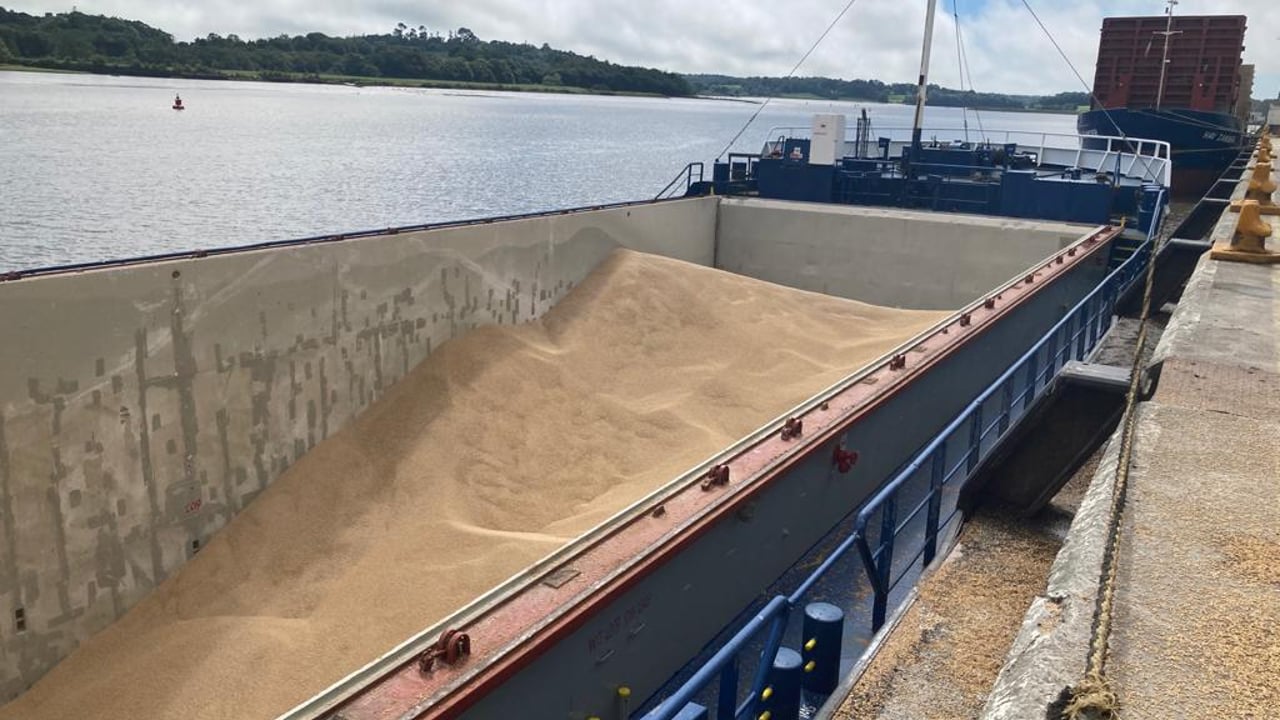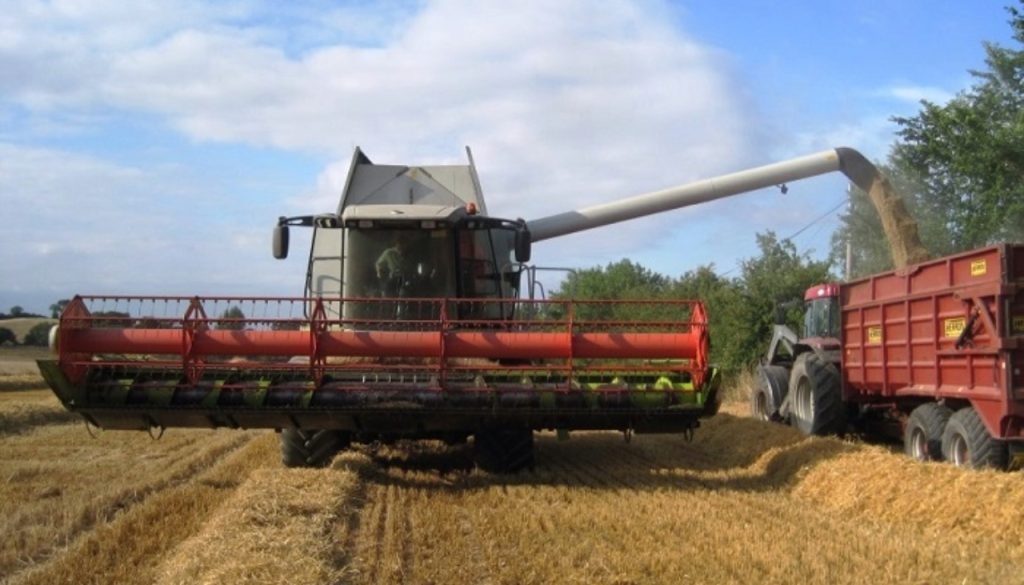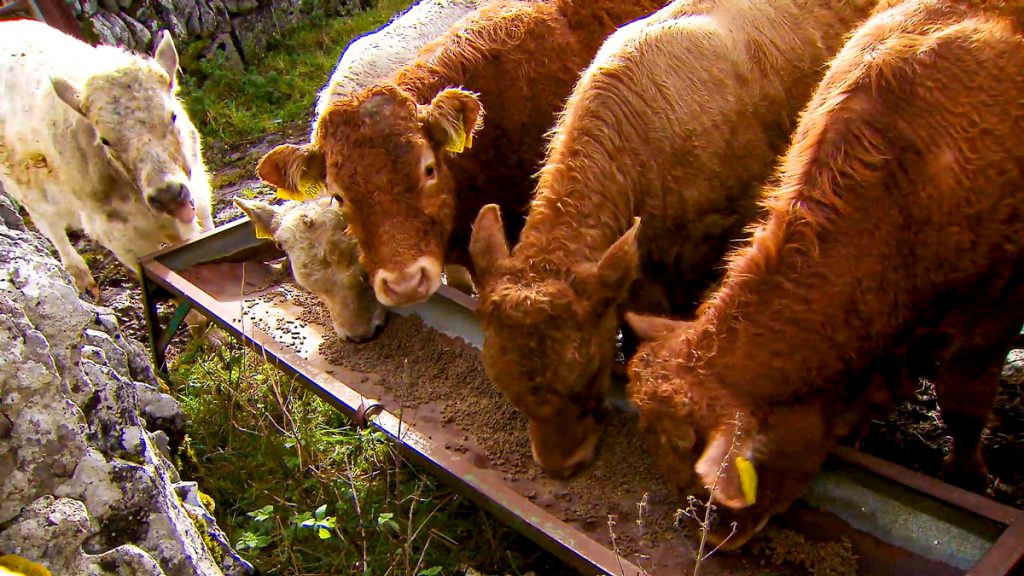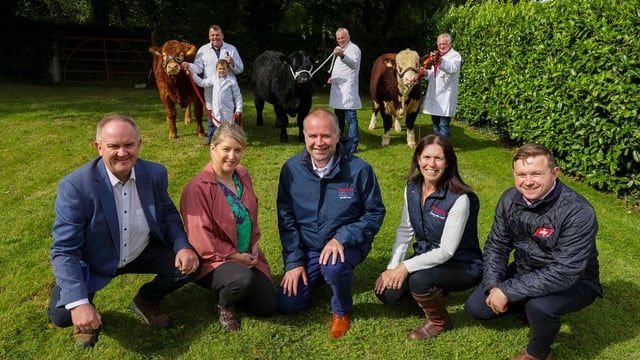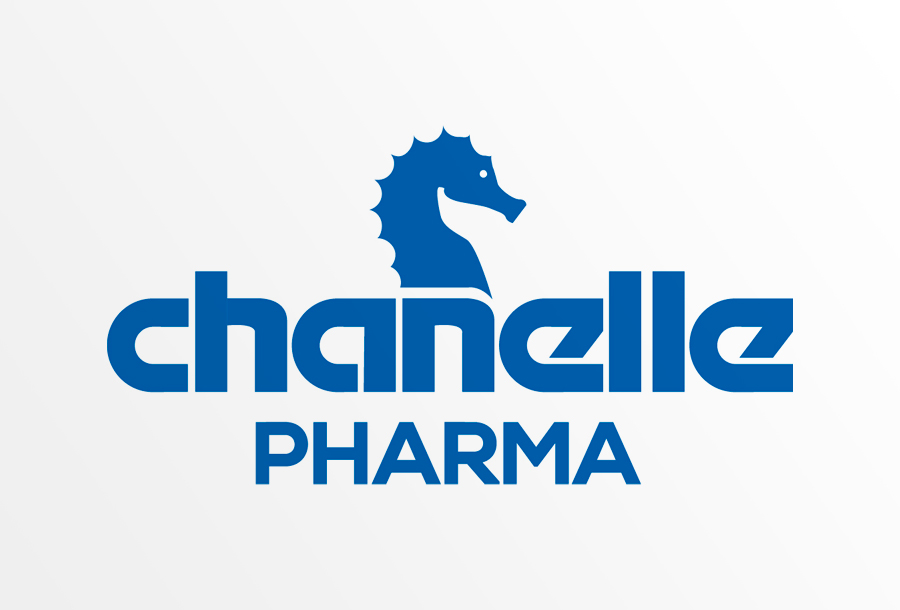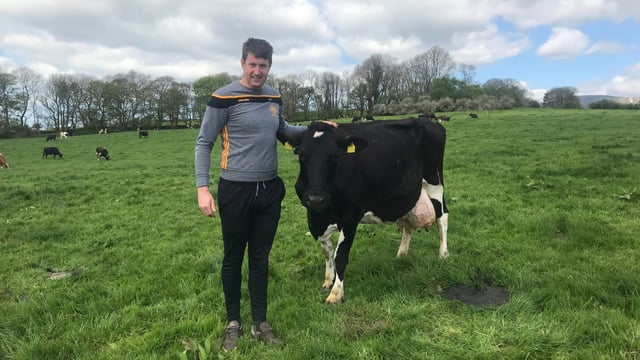Tillage group criticises Irish Grain and Feed Association policies
The Irish Grain Growers Group (IGGG) has criticised certain policies followed by the Irish Grain and Feed Association (IGFA).
The farm lobby group believes that the IGFA’s approach shows little allegiance to Irish grain or to the farmers producing it under world-leading standards.
The export of feed oats produced in Ireland is a specific bone of contention for the IGGG.
An IGGG spokesperson commented: “Irish grain and legumes are among the lowest carbon footprint feeds in the world.
“They’ve been scientifically proven to perform as a feed in their own right.
“Yet the recent IGFA statement to the effect that we need imports to complement Irish grain is grossly misleading in our view.
“This is not only bad economics for Ireland’s rural communities: it’s bad policy for our climate, our environment, and our reputation.”
IGGG is justifying its criticism of IGFA based on a number of assertions.
According to the tillage group, IGFA has effectively been given a free hand to buy feed ingredients from global suppliers without the consumer being made aware of the production methods, pesticide usage, or environmental impact associated with these materials.
IGGG also highlighted Irish research on the low-carbon, high-performance attributes of native-sourced feed.
The group pointed to independent studies carried out at Johnstown Castle in Co. Wexford and other research centres confirming that fully native rations, containing Irish oats and legumes, can significantly reduce livestock emissions without sacrificing performance.
The lobby group also believes that imported feed by-products - including soya hulls and palm kernel - are not better ration options than Irish oats and legumes.
The IGGG spokesperson continued: “Irish oats are recognised as among the lowest CO2-containing cereals globally, with Irish legumes being effectively carbon neutral."
According to the IGGG, the question must be asked: where is the IGFA’s commitment to meeting EU emissions reduction targets?
“It is indefensible that high-quality Irish grain produced under stricter regulations and higher costs where Irish farmers are currently being priced below more environmentally damaging imports.
“The EU exports over 40 million tonnes of cereals annually, much of which has of similar specification to Irish grains and a far better carbon profile than those imported from third countries.
“There is little justification for sourcing over 70% of imported feedstuff requirements from third countries with questionable husbandry standards and in many instances a far greater carbon footprint," the spokesperson said.
In addition, IGGG is specifically linking the use of pesticides previously banned in the EU to crop production practices carried out In many third countries.
The tillage lobby group is calling for mandatory environmental, safety, and due diligence to be carried out on all feed imports coming into Ireland, in tandem with the transparent carbon and pesticide reporting for imported feed ingredients.
The organisation wants IGFA to prioritise the inclusion of native and EU cereals in its supply chains while committing to a fair pricing that reflects the true value and standards of Irish-grown grain.
According to IGGG, there is also a role for the Irish government and the EU to ensure that the importation of grains and oilseeds into Ireland is fully aligned with the country’s climate, biodiversity, and food-safety commitments.
The IGGG representative added: “We have the science, the product, and the proof.
“The only thing missing, in our view, is the will from feed mills and policymakers to put Ireland’s climate and farmers first.
"Ignoring this cannot and will not be acceptable to our farmers, our environment, and our consumers.”

